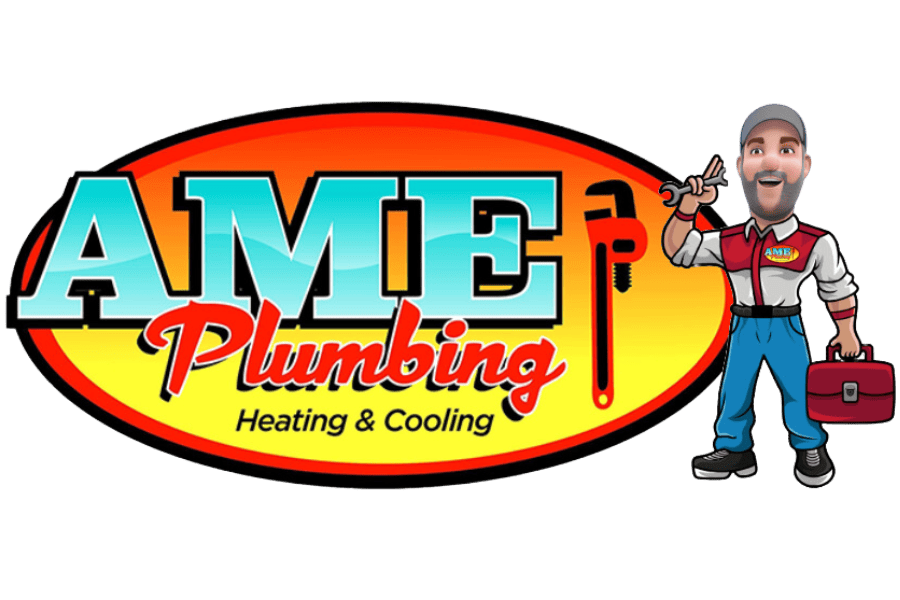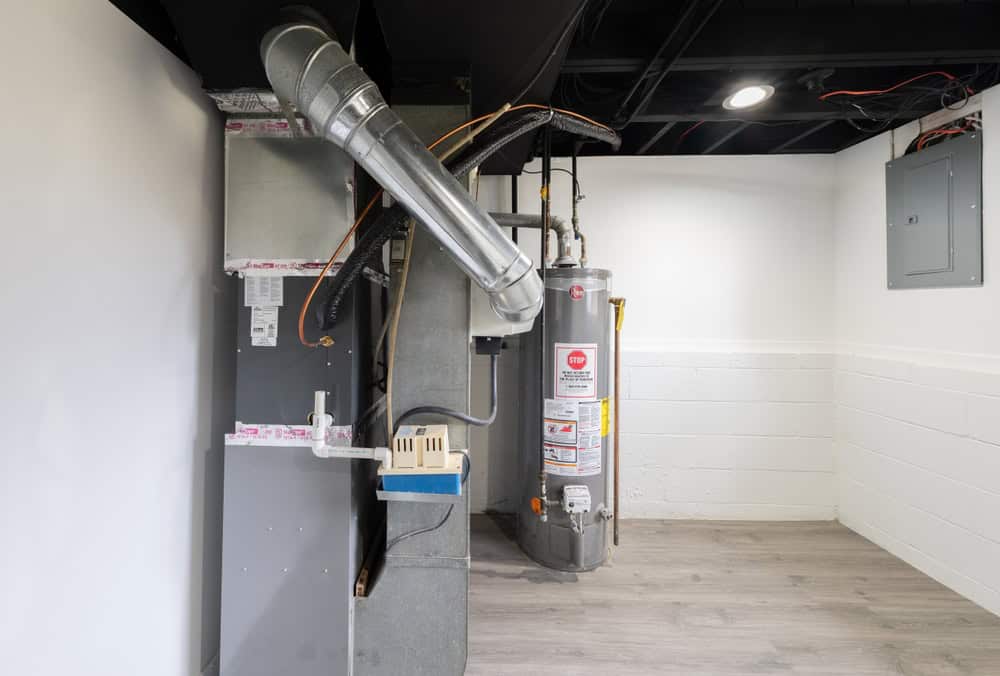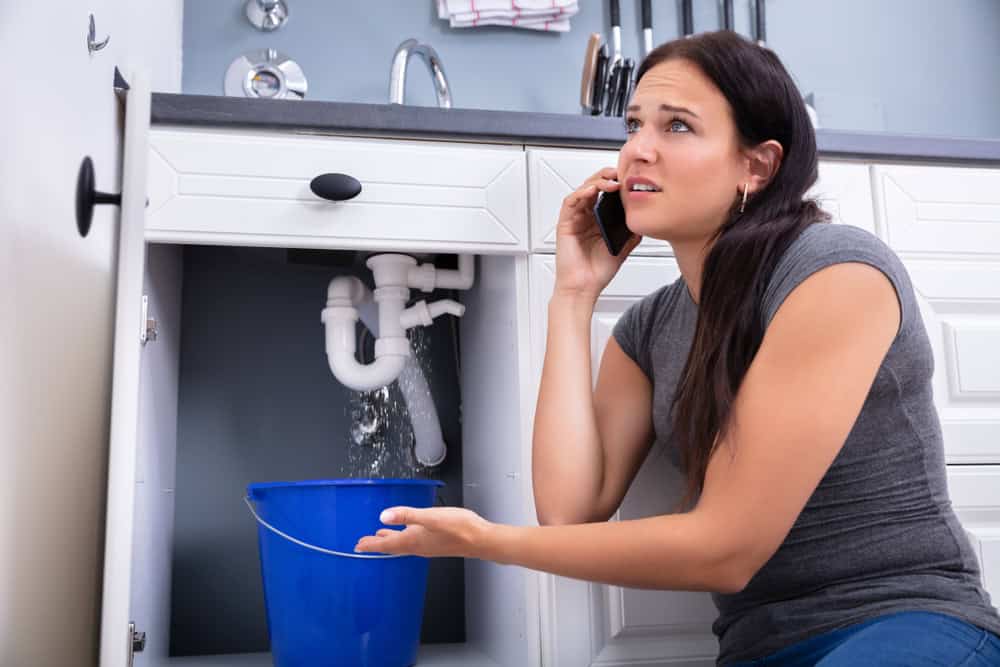Summary:
Early Warning Signs of Hidden Plumbing Leaks
Your home gives you clues long before a pipe bursts or a ceiling collapses. The trick is knowing how to read them. Most homeowners miss these early signals because they seem minor at first.
Water bills that creep up without explanation are often the first red flag. When your usage stays the same but costs climb, you’re likely paying for water that’s going somewhere it shouldn’t. The sound of running water when everything’s turned off is another clear indicator that something’s wrong.
Physical Signs You Can See and Feel
Walk through your home with fresh eyes. Damp spots on walls or ceilings, especially those that reappear after drying, signal an active leak above. These dark patches often show up first in areas under bathrooms or kitchens where pipes run through walls.
Warped flooring, particularly in bathrooms, usually means water is seeping from underneath. Soft spots in your floor can indicate a toilet leak or pipe problem beneath the surface. Don’t ignore these changes—they’re your home’s way of asking for help.
Musty odors that won’t go away, even after cleaning, often point to moisture problems. This smell develops when water creates the perfect environment for mold and mildew growth. If you notice this scent in specific areas of your home, especially basements or crawl spaces, investigate immediately.
Check around your water heater, under sinks, and near appliances that use water. Look for rust stains, mineral deposits, or discoloration around pipe connections. These signs often appear before visible leaks develop.
Simple Tests Every Homeowner Can Do
Walk through your home with fresh eyes. Damp spots on walls or ceilings, especially those that reappear after drying, signal an active leak above. These dark patches often show up first in areas under bathrooms or kitchens where pipes run through walls.
Warped flooring, particularly in bathrooms, usually means water is seeping from underneath. Soft spots in your floor can indicate a toilet leak or pipe problem beneath the surface. Don’t ignore these changes—they’re your home’s way of asking for help.
Musty odors that won’t go away, even after cleaning, often point to moisture problems. This smell develops when water creates the perfect environment for mold and mildew growth. If you notice this scent in specific areas of your home, especially basements or crawl spaces, investigate immediately.
Check around your water heater, under sinks, and near appliances that use water. Look for rust stains, mineral deposits, or discoloration around pipe connections. These signs often appear before visible leaks develop.
Proven Prevention Strategies That Actually Work
Prevention beats repair every time, especially when it comes to water damage. The most effective approach combines regular maintenance with smart monitoring.
Schedule annual plumbing inspections with a licensed professional. We can spot potential problems before they become emergencies. This investment typically pays for itself by preventing one major repair.
Maintenance Tasks That Make a Difference
Replace washing machine hoses every five years, even if they look fine. These hoses fail without warning and can flood your home in minutes. Stainless steel braided hoses last longer and handle pressure better than rubber ones.
Monitor your water heater for signs of corrosion or mineral buildup. Most units last 8-12 years, but problems often develop in the final years of service. Catching issues early can prevent catastrophic failures that damage everything around them.
Keep your home’s temperature consistent during winter months. Pipes in unheated areas like basements, crawl spaces, and garages are vulnerable to freezing. Even a small crack from frozen pipes can cause significant damage when temperatures rise.
Inspect visible pipes regularly for signs of wear. Look for rust, corrosion, or small drips around joints and connections. These areas experience the most stress and often fail first. Addressing minor issues prevents major problems later.
Clean your gutters and downspouts at least twice yearly. Clogged drainage systems can cause water to back up and find its way into your home’s foundation or walls. Proper drainage keeps water where it belongs—away from your house.
When to Call a Professional Plumber
Don’t wait for obvious damage before calling for help. Professional leak detection uses specialized equipment to find problems you can’t see or reach. Thermal imaging cameras can detect temperature changes that indicate hidden moisture, while acoustic sensors listen for the subtle sounds of water escaping pipes.
If you notice any combination of warning signs—higher bills, unusual sounds, musty odors, or visible damage—contact a plumber immediately. What seems like a small problem often indicates larger issues that require professional attention.
Emergency situations demand immediate response. Burst pipes, major leaks, or sudden water damage can destroy your home in hours. Know how to shut off your main water supply and keep your plumber’s emergency number handy.
Professional plumbers can also install leak detection systems that monitor your home continuously. These systems alert you to unusual water usage patterns and can even shut off your water supply automatically when problems develop.
Consider professional help for preventive maintenance too. Annual inspections cost far less than emergency repairs, and experienced plumbers can spot potential problems that homeowners typically miss. We can also recommend upgrades or improvements that reduce your risk of future leaks.
Protecting Your Home Starts with Early Detection
The most expensive water damage happens when small leaks go unnoticed for months or years. By staying alert to warning signs and taking preventive action, you can avoid the stress and cost of major repairs.
Remember that professional leak detection and prevention services are investments in your home’s future. The peace of mind that comes from knowing your plumbing system is sound and monitored is worth far more than the cost of regular maintenance.
When you need expert leak detection or plumbing services in Monmouth County, we at AME Plumbing Heating and Cooling combine advanced technology with decades of experience to protect your home and your investment.






